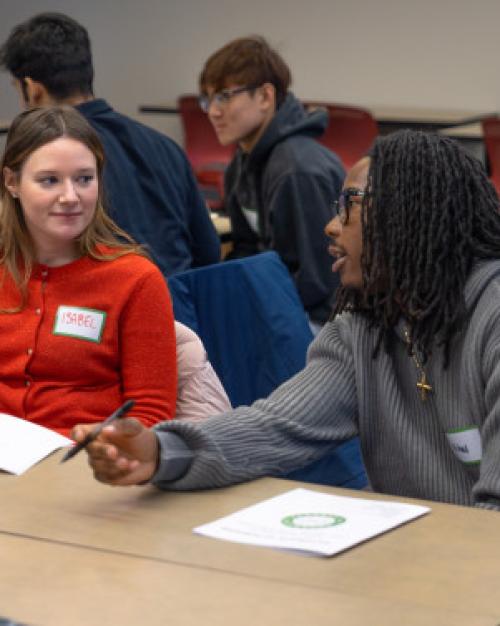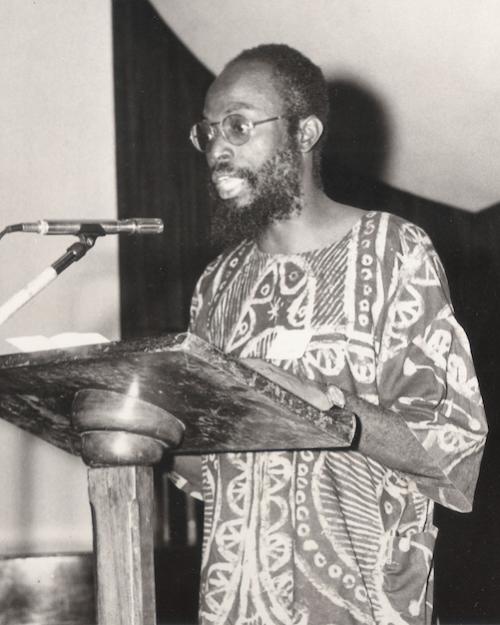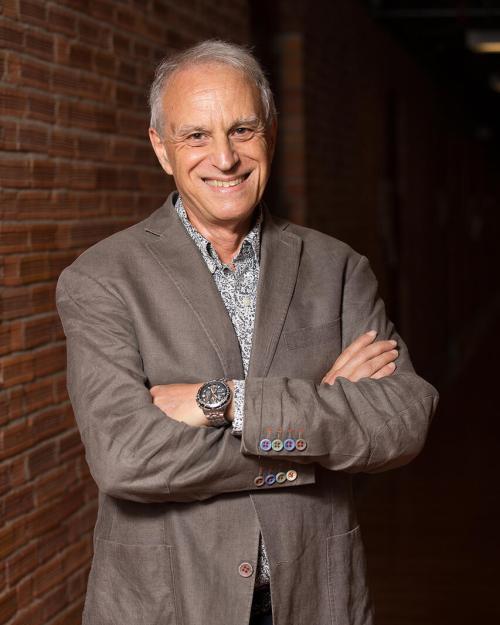Nic Vigilante is a doctoral student in music with a concentration in music and sound studies from Waterford, New York. They earned a B.A. from Oberlin College and B.M. from Oberlin Conservatory of Music and now study how music, sound, and performance are used to create “unreality” at Cornell under the guidance of Catherine Appert.
What is your area of research and why is it important?
I research how music, sound, and performance are used to construct and inhabit spaces of “unreality.” In my work, I examine virtual reality, augmented reality, and nightlife as modalities of the unreal. I conduct digital and multi-sited ethnography with three performance communities within these modalities: the queer Asian American nightlife community in Los Angeles, professional League of Legends esports (as exemplary of augmented reality performance), and concerts, music festivals, and nightclubs within virtual worlds. This work develops methodological tools which enable anthropology to better study emerging forms of digital sociality, grapple with the challenges of the COVID-19 pandemic, and overcome its violent colonial complicities.
What are the larger implications of this research?
The boundaries of anthropological inquiry have become strikingly apparent over the past several decades. In a field which ties its identity to travel and physically being in community with others, how does one do research in the midst of a pandemic? How does one research virtual communities where “being with others” has strikingly different meanings? How can one use methods developed through colonialism and imperialism to work towards decolonial and abolitionist ends? This project works to answer these questions by developing a new methodological toolbox for ethnographic research. In doing so, I argue that humanistic research must focus on redistributing political power and enabling minoritarian survival.
What does it mean to you to have been selected as a Mellon/ACLS Dissertation Innovation Fellow?
Being selected as a member of the inaugural cohort of Mellon/ACLS Dissertation Innovation Fellows is an incredibly exciting opportunity to join a cohort of my peers from other universities across the U.S. who are working to push the boundaries of humanistic scholarship. As a latecomer to the humanities – my previous degrees are in chemistry and music performance – this fellowship is an especially heartening gesture of support from one of the world’s leading scholarly organizations.
What will this fellowship allow you to do that you might not have otherwise?
This Mellon/ACLS Dissertation Innovation Fellowship will allow me to dedicate a year solely to research at the early stages of work on my dissertation. Ethnographic research depends on long-term relationship building and community engagement, and having the financial support to dedicate myself entirely to working closely with my interlocutors next year will be immensely helpful to my research. Additionally, a core component of this fellowship is professional development and mentorship – funding and institutional support from the ACLS will enable me to work directly with leading scholars in the critical humanities to develop my project.
What are your hobbies or interests outside of your research or scholarship?
One of the joys of my research is that my hobbies and interests are what I study! Outside of my academic work, I am also a professional musician – I perform and teach on and off campus and around the world, regularly appearing in Ithaca as the principal violist of the Festival Chamber Orchestra, Opera Ithaca, Cornell Symphony Orchestra, and Cornell Chamber Orchestra. I’ve also appeared as a violist, conductor, baritone, and baroque violinist in venues such as Carnegie Hall, the Kennedy Center, Tanglewood, Shanghai’s Oriental Art Center, Beijing Concert Hall, and Seoul Opera House. In my spare moments you can find me attending to the every whim of my cat, Artemis.
Why did you choose Cornell to pursue your degree?
My work sits in between a number of disciplines – ethnomusicology, anthropology, Asian American studies, media studies, performance studies, and gender studies. I chose to pursue my Ph.D. at Cornell because of the department of music’s – and, particularly, my advisor Professor Catherine Appert’s – remarkable support for interdisciplinary research.
Read the story on the Cornell University Graduate School website.




